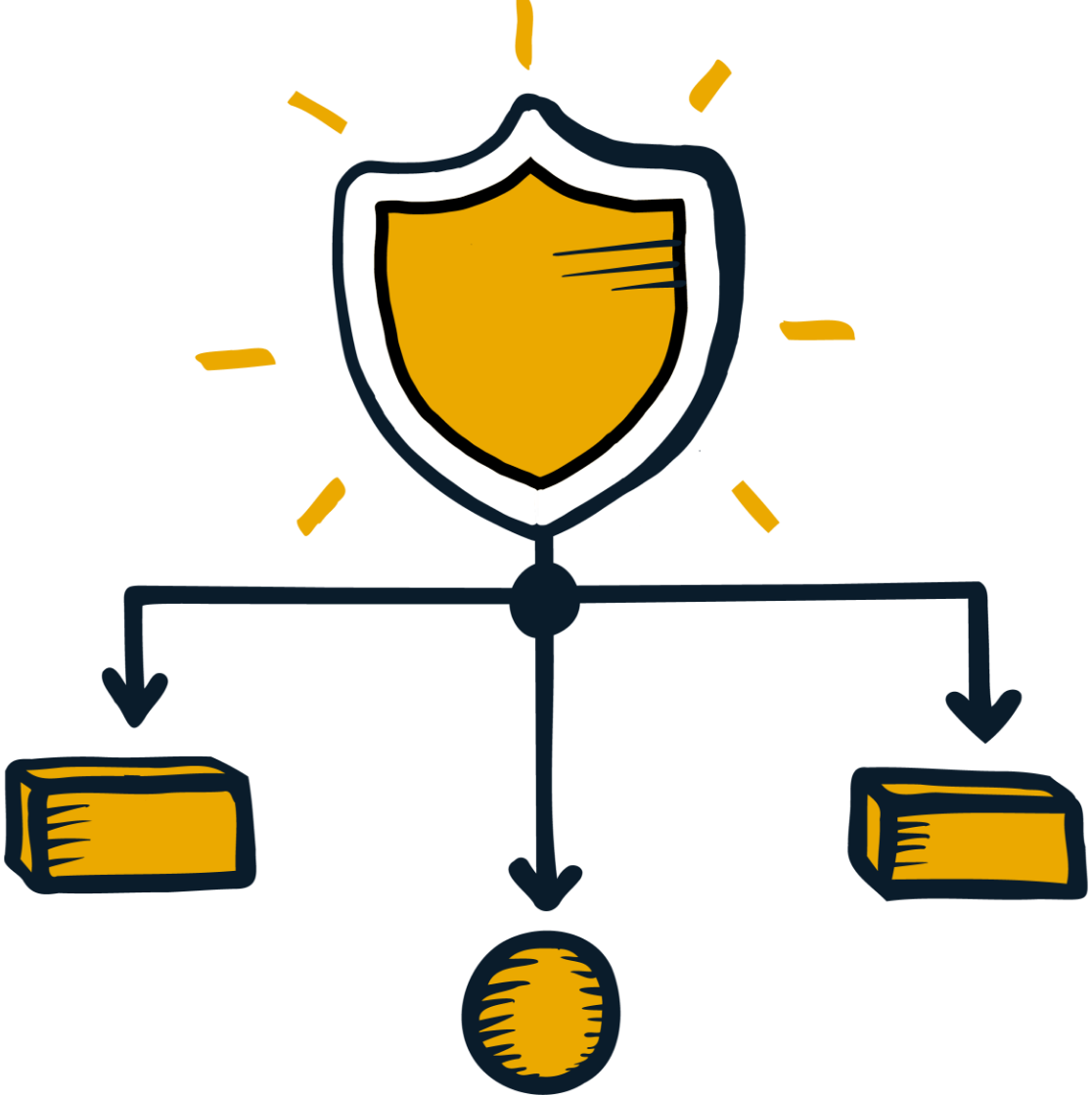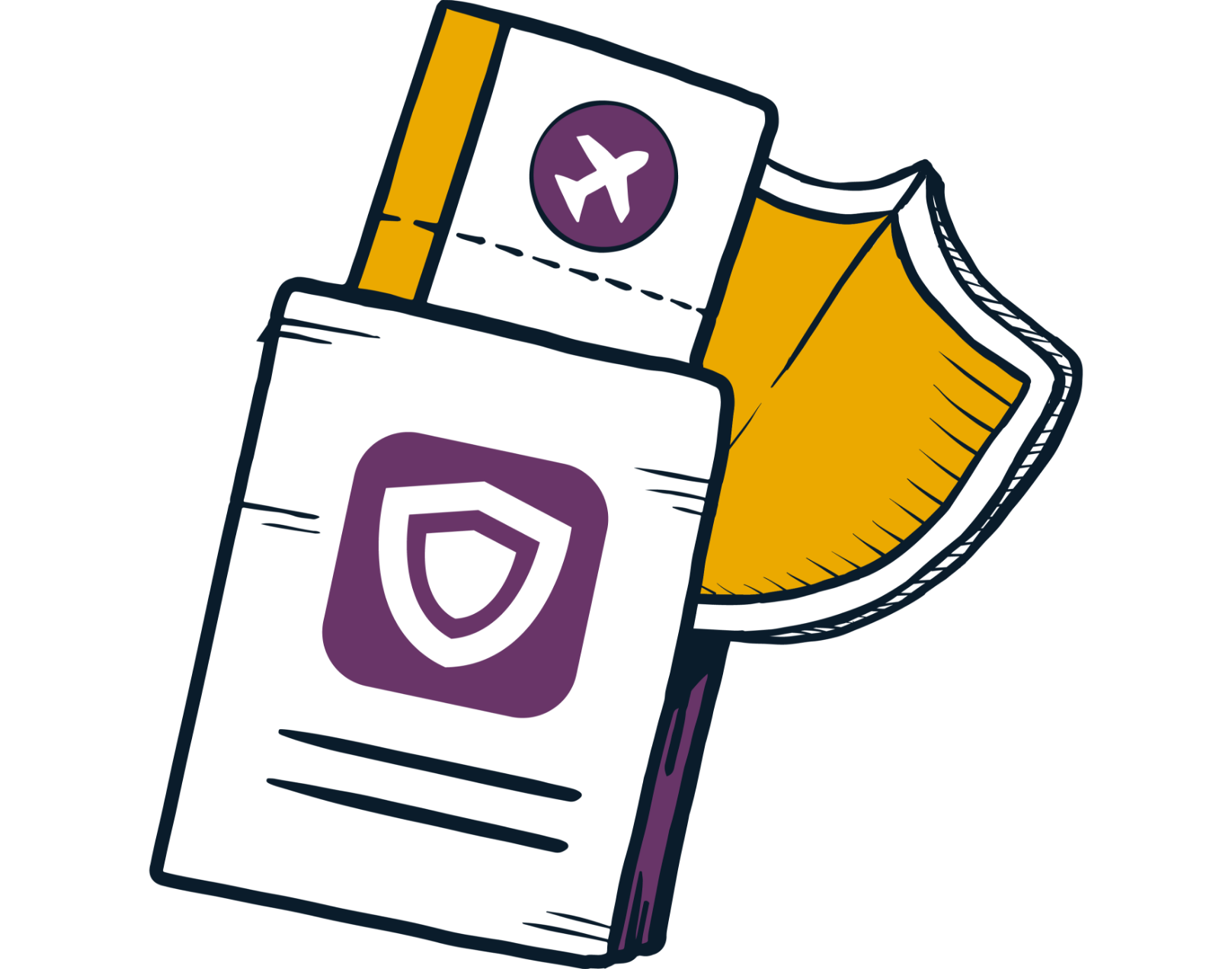
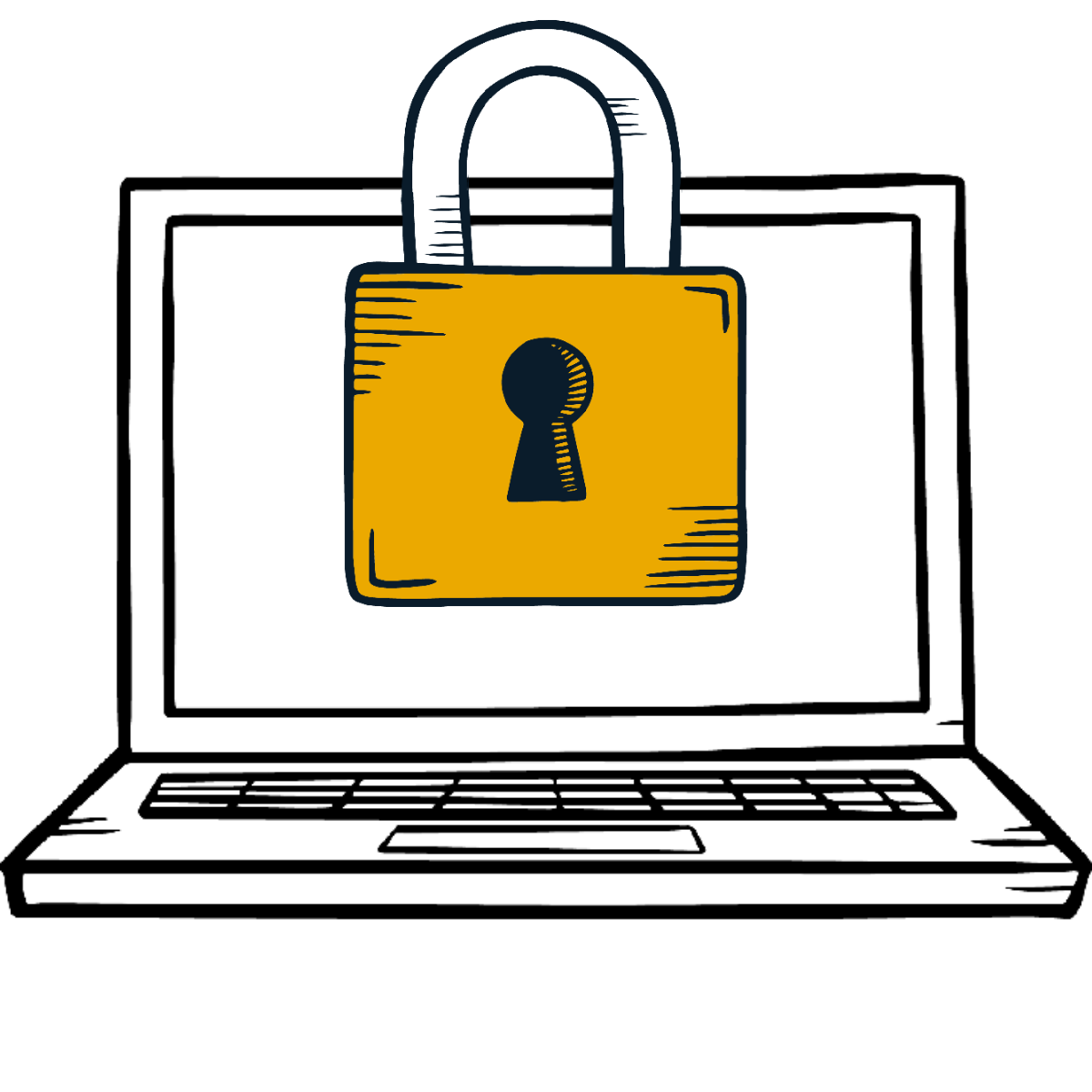
COBIT 2019 (Control Objectives for Information and Related Technologies) is the most recent evolution of ISACA’s globally recognized and utilized COBIT framework. This comprehensive framework was developed to support understanding, designing, and implementing the management and governance of enterprise IT. MSPs should equip clients with compliance software to support this framework.
The Cloud Controls Matrix (CCM) and the Cloud Security Alliance Questionnaire (CAIQ) are comprehensive sets of security controls and practices. Based on CSA best practices, the CCM provides an industry-standard set of cybersecurity frameworks tailored specifically to cloud computing and IT security compliance.
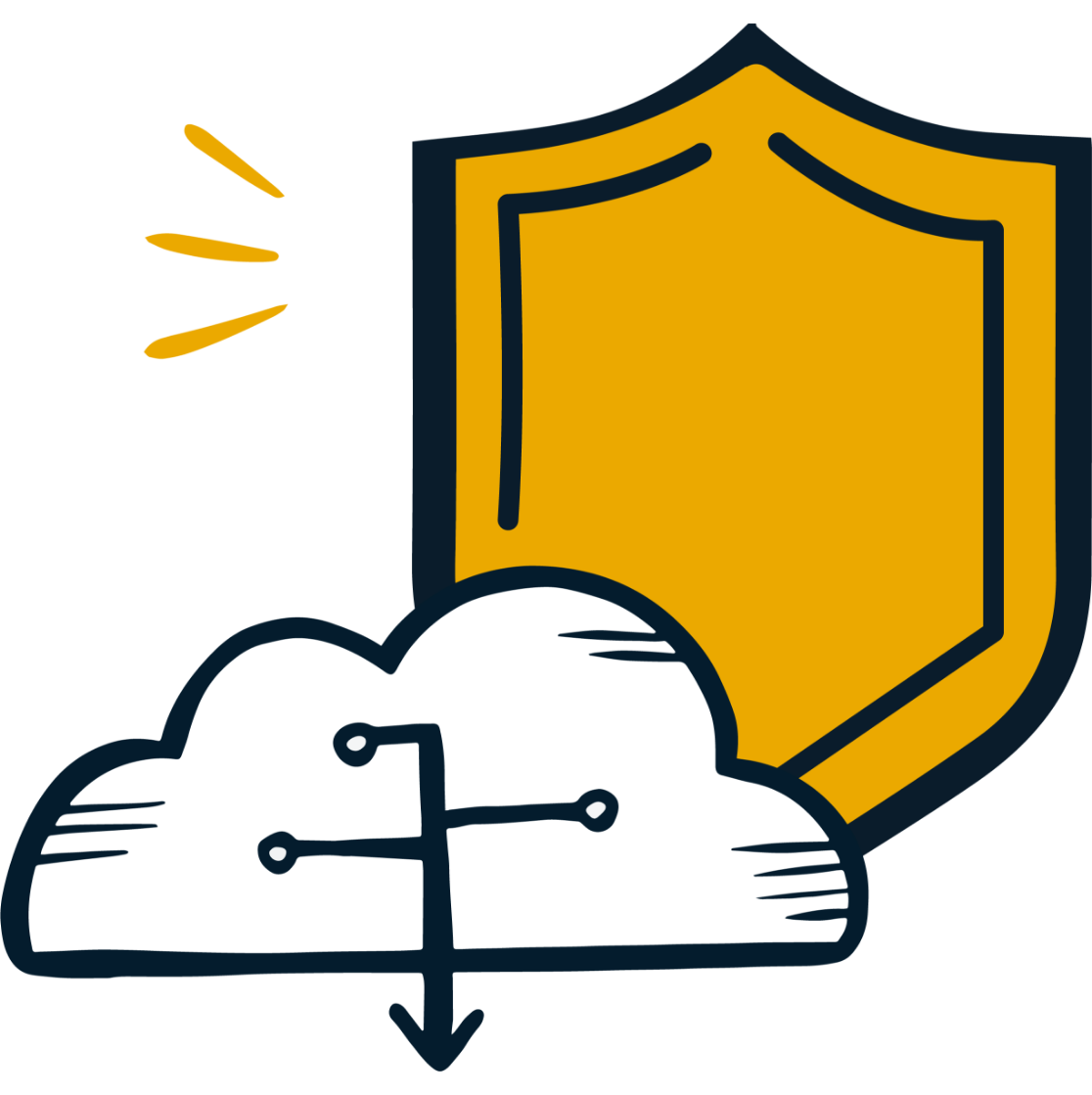
ISO/IEC 27017:2015 offers rigorous guidance on the compliance security of cloud computing. In addition to specific information security controls, you’ll want to follow ISO/IEC 27002 and ISO/IEC 27001 standards. This code of practice gives clear instructions for additional controls based on the cloud services being used.
Part of the larger ISO/IEC 27000 family, ISO/IEC 27018 is a vital first step for cloud service providers in assessing risk and implementing appropriate security measures for PII. This industry-driven initiative creates a secure foundation for cloud computing services to protect Personally Identifiable Information (PII) using compliance management software.
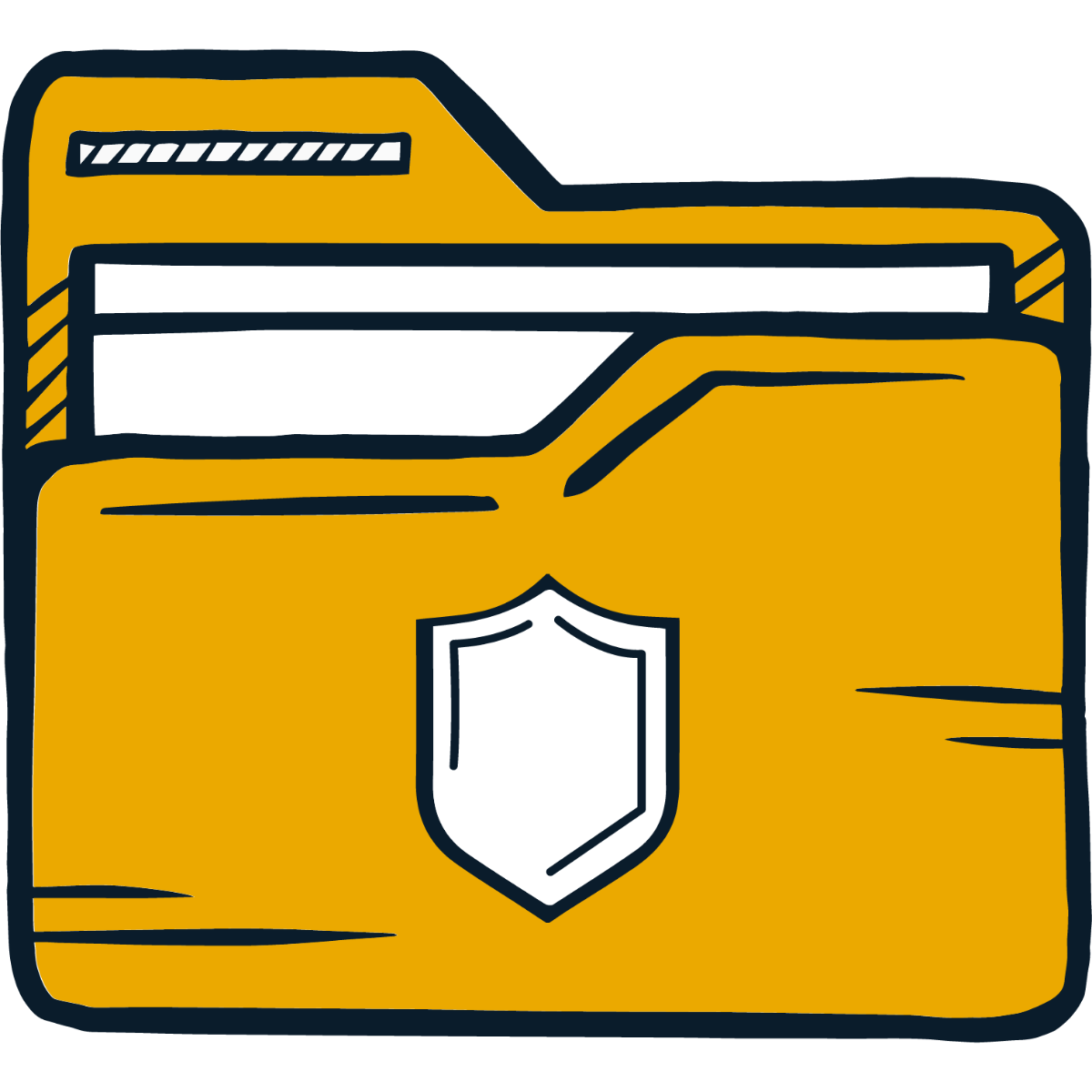
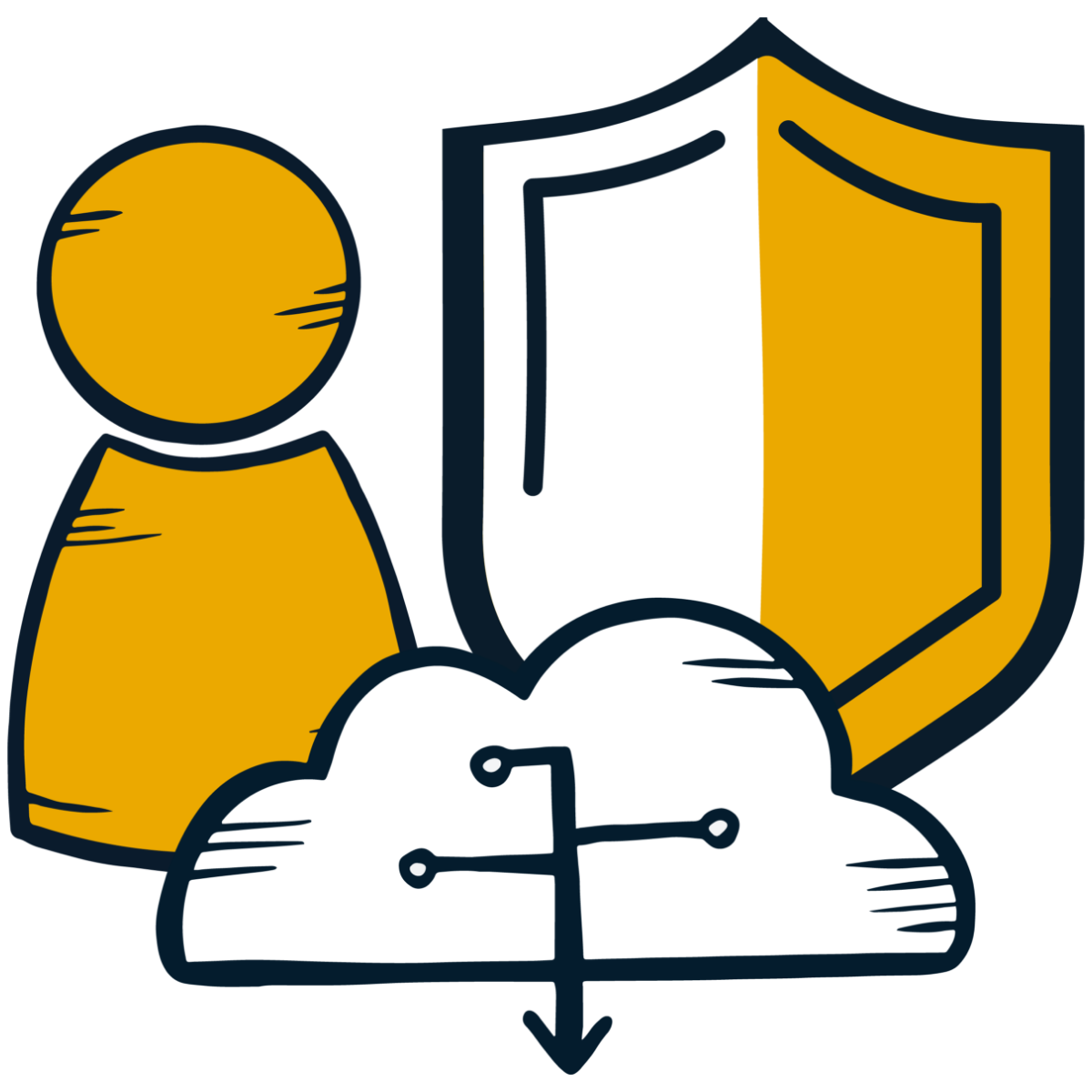
ISO/IEC 27701 helps organizations standardize how they handle Personally Identifiable Information (PII). By doing this, you’ll be set to comply with other data privacy regulations. It includes guidelines on managing PII, making this a valuable compliance management tool for promoting data privacy within organizations.
ISO/IEC 42001 helps organizations develop, deploy, and use AI systems that align with ethical principles and regulatory requirements. By standardizing AI management practices, this framework is valuable for ensuring transparency, safety, fairness, and accountability in AI, supporting organizations in mitigating risks, and fostering trust in AI technologies.
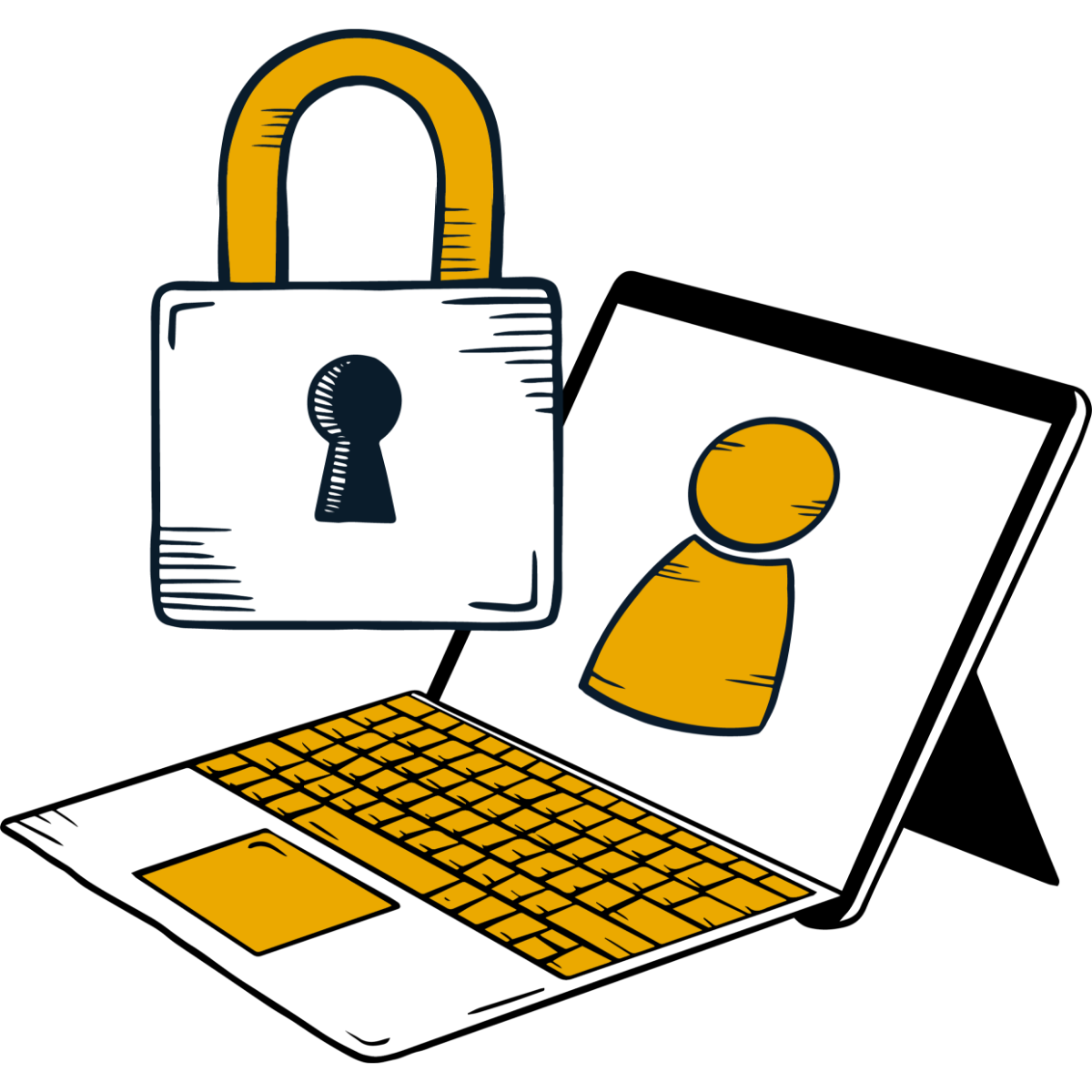
Microsoft Data Protection Regulations (DPR) are annual requirements that Microsoft suppliers enrolled in the Supplier Security and Privacy Assurance (SSPA) program must abide by. These regulations ensure Personal and Confidential Data are properly processed. All Microsoft suppliers must adhere to these regulations, which can be achieved by implementing a compliance monitoring tool.
The MPA manages security assessments at entertainment vendor facilities for its member studios. This set of Content Security Best Practices outlines standard controls to help secure content, production, post-production, marketing, and distribution. This framework is essential for compliance MSPs who support clients in the film industry.
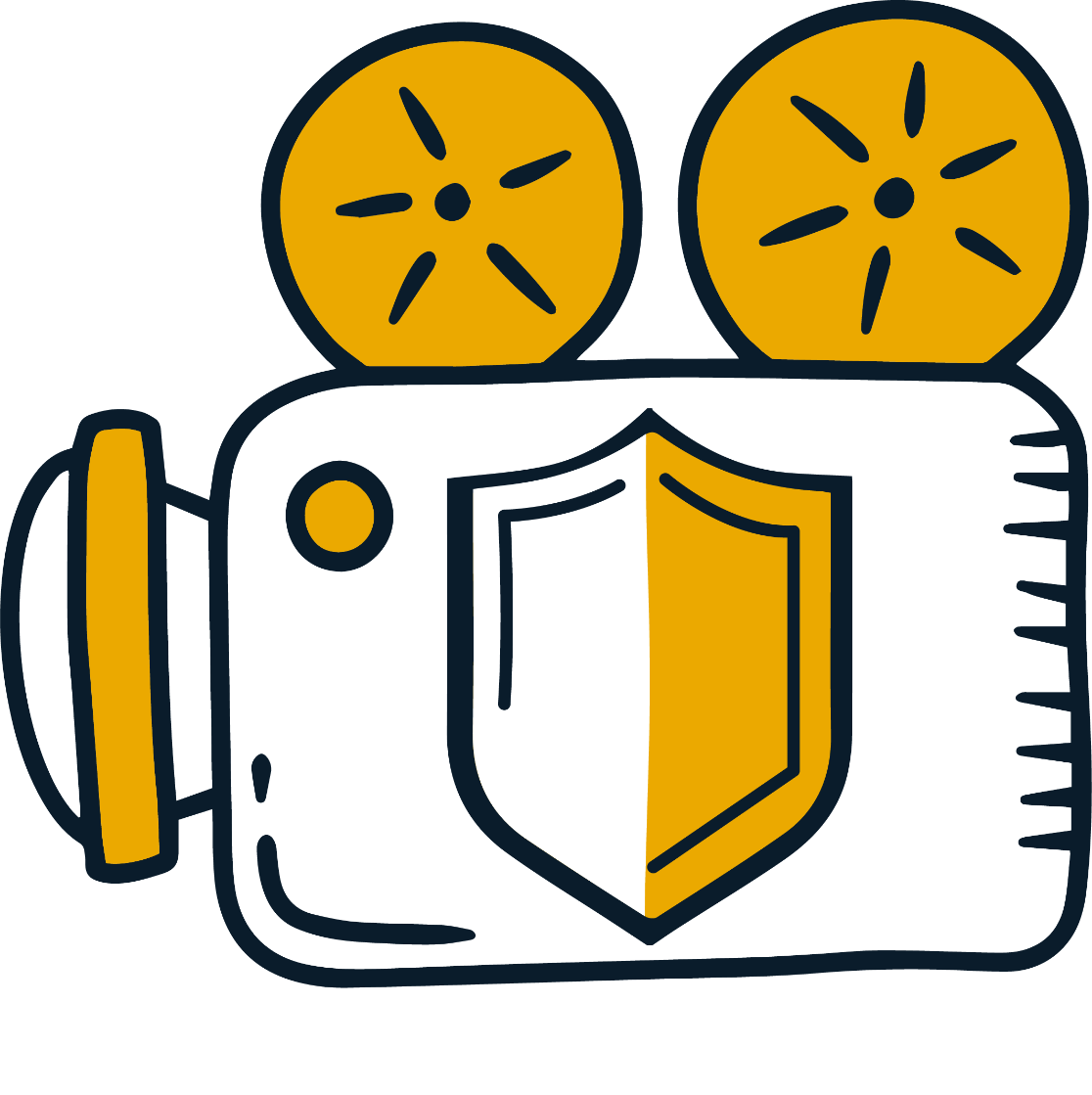
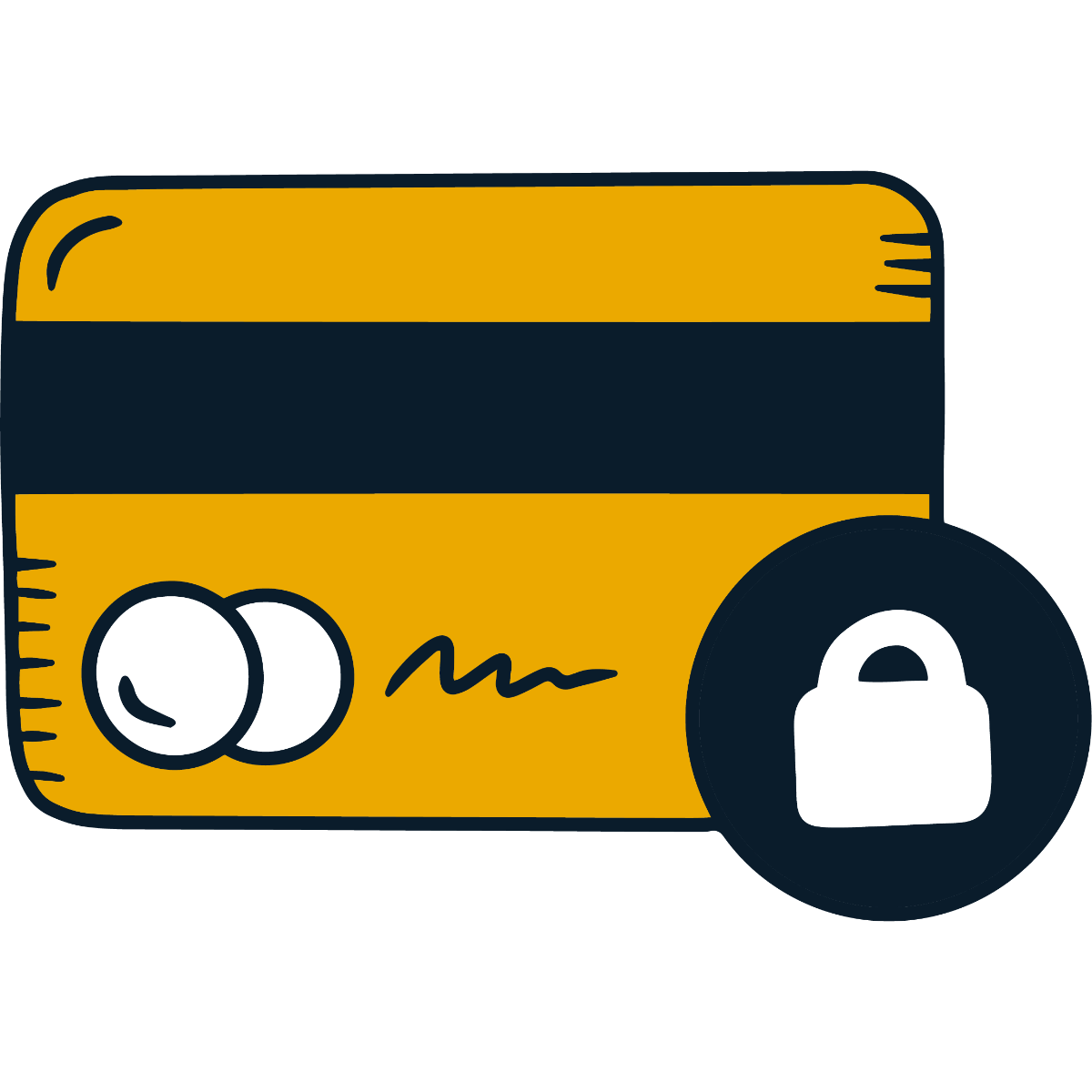
The Payment Card Industry Data Security Standard (PCI DSS) is essential for anyone handling credit card information. These standards are designed to protect and secure payment accounts throughout the transaction process. All companies that accept, process, store, or transmit credit card data should be sure to abide by these standards, making it another essential MSP IT service.
Secure Controls Framework (SCF) provides organizations with a comprehensive approach to cybersecurity and privacy compliance across all operational levels. This framework offers the guidance needed to implement risk and compliance tools and maintain internal controls aligned with business objectives.
